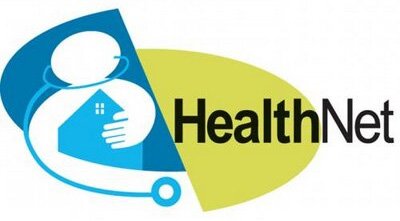Indiana faces a crisis related to its youngest residents. The death of a baby before his or her first birthday, termed “infant mortality,” is considered to be one of the most important indicators of the health and well-being of a population, and Indiana’s infant mortality rate is significantly higher than the national average. In 2017, the U.S. infant mortality rate (IMR) was 5.8 deaths per 1,000 live births. Indiana ranks 43rd worst in the U.S. with a rate of 7.3 deaths. Among African Americans, the numbers are more than twice as high.
The goal of the WeCare program is to reduce those numbers by developing strategies to help support maternal and infant health. The program works in Marion County, Indiana and surrounding areas, specifically targeting the 13 highest risk zip codes for infant mortality. Trained community health workers (coaches) connect pregnant women and new mothers to resources addressing social determinants of health, such as access to food and education opportunities. They educate mothers on the importance of safe sleep practices and breastfeeding, and address high risk factors for infant mortality relating to maternal health such as smoking and nutrition.
WeCare community health workers interact with women outside of the clinics, meeting people in their homes and in their communities. Since its creation, the program has expanded from WeCare to WeCare Plus. The addition allowed the program to hire more coaches and, most importantly, engage fathers and caregivers. To reach those who are not coming to a clinic for care, WeCare started working with first responders who could refer people in need they encounter on their runs.
WeCare Plus currently has coaches stationed at Eskenazi Health community health centers, HealthNet clinics, and the Raphael Health Center. Participants can enroll during their clinic appointments at those locations, or arrange a meeting in their community or home.
The community health worker model came from the experience of primary investigator Debra K. Litzelman, M.D., in Africa. Through her work with AMPATH, Dr. Litzelman saw the success community health workers had in helping to tackle the HIV crisis in Kenya.
The WeCare program began in 2016. While it is too soon to see an impact on infant mortality rate, the project has seen improved health behaviors, including a decrease in smoking and depression and increases in safe sleeping practices.
FINANCIAL SUPPORT PROVIDED BY:
| IU Health | Indiana CTSI | Indiana State Department of Health |
| IU Simon Cancer Center | Indy Hunger Network | IU Center for Global Health |














